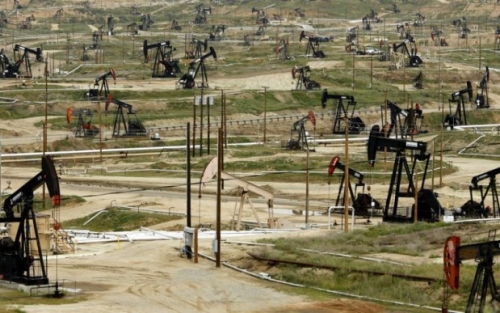Oil and gas engineers have traditionally been responsible for developing and extracting fossil fuels, but their skills and expertise are now being used to pioneer clean energy solutions. Oil and gas companies are also investing in renewable energy technologies and collaborating with clean energy startups to accelerate the transition to a more sustainable future.
The Role of Oil and Gas Engineers in Developing Renewable Energy Technologies
Oil and gas engineers have a deep understanding of the principles of physics, chemistry, and engineering that apply to both fossil fuels and renewable energy sources. This knowledge makes them uniquely qualified to develop new renewable energy technologies and improve existing ones.
For example, oil and gas engineers are developing new types of solar panels and wind turbines that are more efficient and durable. They are also working on new ways to store renewable energy so that it can be used when the sun isn't shining and the wind isn't blowing.
Collaborations Between Traditional Energy Companies and Clean Energy Startups
Traditional energy companies and clean energy startups are increasingly collaborating to develop and deploy new renewable energy technologies. These collaborations can be mutually beneficial, as traditional energy companies have the resources and expertise to bring new technologies to market, while clean energy startups have innovative ideas and technologies.
Some examples of collaborations between traditional energy companies and clean energy startups include:
- ExxonMobil and Svante: ExxonMobil is investing in Svante, a company that develops carbon capture technology. Svante's technology can capture carbon dioxide emissions from power plants and other industrial facilities and store them underground.
- Chevron and Heliogen: Chevron is partnering with Heliogen, a company that develops concentrated solar power technology. Heliogen's technology can generate high-temperature heat using solar energy, which can be used to produce electricity or other products.
- BP and Lightsource bp: BP and Lightsource bp, a renewable energy company, are forming a joint venture to develop and operate solar and battery storage projects.
The Industry's Transition Toward a More Sustainable Future
The oil and gas industry is under increasing pressure to reduce its environmental impact. Governments around the world are implementing stricter environmental regulations, and consumers are demanding more sustainable energy sources.
As a result, the oil and gas industry is transitioning toward a more sustainable future. Oil and gas companies are investing in renewable energy technologies, collaborating with clean energy startups, and reducing their greenhouse gas emissions.
Conclusion
Oil and gas engineers play a vital role in the development of clean energy technologies. By collaborating with clean energy startups and investing in renewable energy, the oil and gas industry is helping to fuel a more sustainable future.
Additional Thoughts on the Collaboration Between Traditional Energy Companies and Clean Energy Startups
One of the key benefits of collaboration between traditional energy companies and clean energy startups is that it can help to accelerate the commercialization of new renewable energy technologies. Traditional energy companies have the resources and expertise to bring new technologies to market quickly, while clean energy startups have innovative ideas and technologies.
Another benefit of collaboration is that it can help to reduce the risk associated with developing and deploying new renewable energy technologies. Traditional energy companies are typically more risk-averse than startups, so by investing in clean energy startups, traditional energy companies can reduce their overall risk exposure.
Overall, the collaboration between traditional energy companies and clean energy startups is a positive development for the clean energy industry. It is helping to accelerate the development and deployment of new renewable energy technologies, which is essential for reducing our reliance on fossil fuels and transitioning to a more sustainable future.

%20(1).png)



